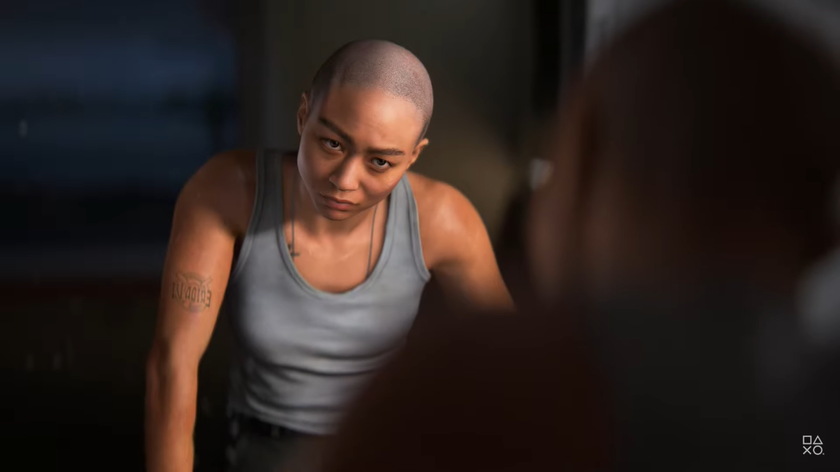From the Mass Effect dialogue wheel to Shadow of Mordor's Nemesis System, here are 9 video game patents that might surprise you
From Apex Legends' Ping system in aid of accessibility to Shadow of Mordor's Nemesis system, there are many surprising patents out there
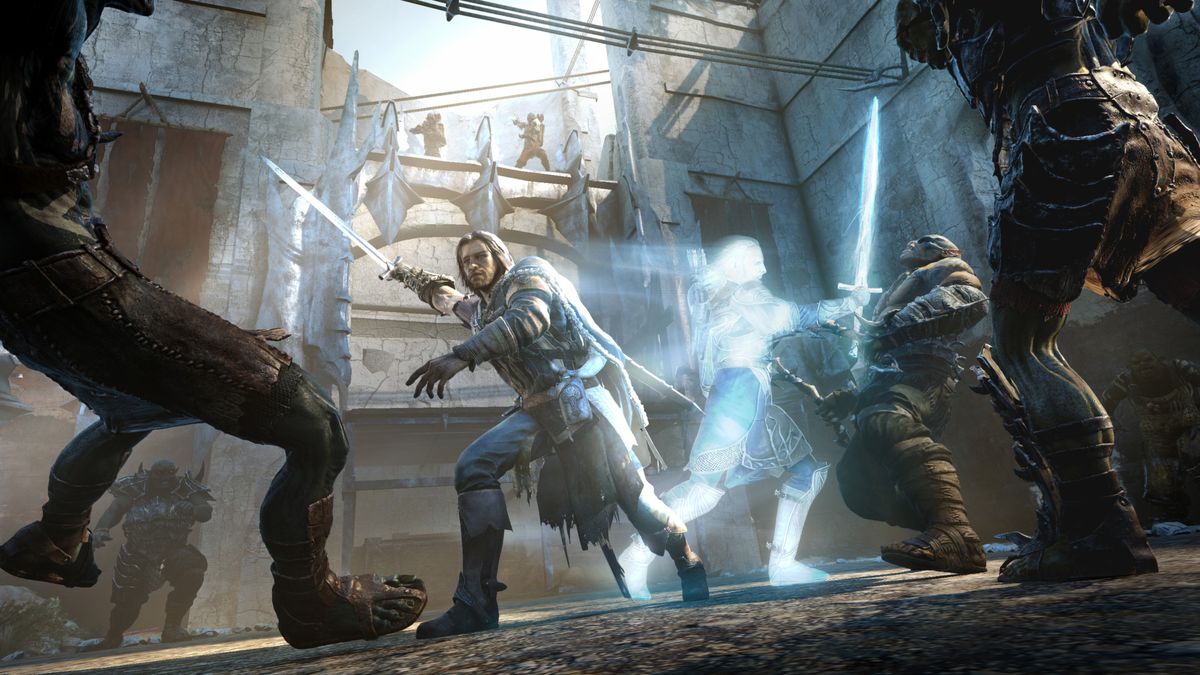
When it comes to safeguarding and protecting ideas, and inventions, developers and publishers will sometimes go that extra mile by taking out patents. As you might already know, developers can file patents to gain sole rights to a new innovation or creation, and protect it from being for a certain amount of time by competitors. It could be anything from a new feature in a game, something that's been developed for hardware, or an original element of gameplay. Once a patent file request has been approved, others can't create or use the same feature or replicate it without the owner's permission. There are now a number of video game patents out there right now that may well surprise you.
Just recently, for example, EA patented the Ping System in Apex Legends and made the patent freely available to developers as part of its Accessibility Patent Pledge. Shadow of Mordor's Nemesis system is also another recent patent to come to light, but there's certainly no shortage of other examples. After all, throughout the years, the world of video games has had a pretty long - and often unusual - history of patented features and systems. With more recent patents to ones that were filed many years ago and have since expired, there are many out there... and some may make you raise the odd eyebrow.
The Ping system
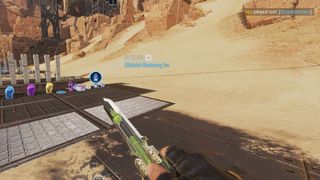
EA took out a patent on the much-lauded Ping System in Apex Legends. Patents tend to be used by companies to protect innovations, but in this instance, EA has patented the system as part of its Accessibility Patent Pledge - an initiative that opens up accessibility-led patents to developers in a bid to encourage collaboration and drive forward accessibility in the video game industry. The Ping system allows you to communicate with your teammates in Respawn's battle royale hero shooter by marking points of interest, calling out the location of an enemy, and much more. As well as reducing in-game toxicity by offering an effective alternative to speaking over voice chat, the Ping system also helps players with cognitive, speaking, and hearing disabilities.
As you can see here, the patent filing gives a detailed rundown of the system. EA's EVP of Positive Play told GamesRadar in a recent interview that "when you patent a technology or idea, you publish technical information that would otherwise have never been accessible to the public", and as such, this "equips developers with know-how and it advances the state of the art in game development".
The Nemesis system
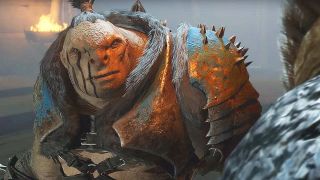
The Nemesis system, introduced in Middle-earth: Shadow of Mordor and later refined in Shadow of War, put a refreshing and inventive spin on procedurally generated enemies. Instead of fighting nameless, carbon copy foes, Shadow of Mordor pits you against various different members of Orc society and each and every one is unique to your playthrough.
With their own names and ranks, every Orc you come across will remember your encounters to add more depth to the action. It quickly became a huge selling point and trademark feature of Monolith's action-RPG series. Many have wondered why social vendettas never made their way out of Mordor and into other games in the industry and this, it would appear, is why. After several years of trying, Warner Bros Interactive Entertainment successfully patented the Nemesis system, meaning that the appearance of a similar system outside of games produced by WB Games is unlikely.
Dual-reality gameplay
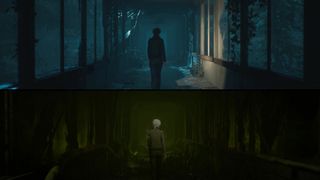
In The Medium, you take on the role of Marianne who you control in both the real world and the spirit world in what developer Bloober Team calls "dual-reality gameplay". The screen is split in half, so you gain two different perspectives in both worlds. Ahead of the game's release, many were quick to notice that Bloober described this dual-reality style as "never-seen-before and officially patented gameplay" in the Microsoft and Steam store listings. As it turns out, Bloober filed a patent for this dual-reality gameplay back in 2016.
Sign up to the 12DOVE Newsletter
Weekly digests, tales from the communities you love, and more
As you can see from the filing, the developer patented the "method of simultaneous playing in single-player video games", where "the key feature of the invention is the way of playing in a video game for a single player, involving simultaneous controlling of several character avatars placed in several virtual realities that constitute separately presented story universes". Currently active until 2039, it does make you wonder what kind of Bloober projects we might see using this style of gameplay in the future.
The dialogue wheel
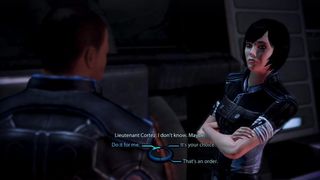
Mass Effect Legendary Edition is going to bring us back to the starry expanses of space all over again, and I, like many other fans, can hardly wait to board the Normandy again. But did you know that one very prominent part of the Mass Effect experience is actually patented by the developer? BioWare requested a patent for the dialogue wheel or "graphical interface for interactive dialog" used to select your responses back in 2006, which was officially approved a few years later.
Still currently active, it might go some way to explaining why other RPGs that came after this date continue to present dialogue choices in list form. The wheel interface that presents you with a selection of different responses went on to be used in the entire Mass Effect trilogy, as well as the more recent Mass Effect: Andromeda, and also found its way into BioWare's other franchise in both Dragon 2 and Dragon Age: Inquisition.
Play while you wait
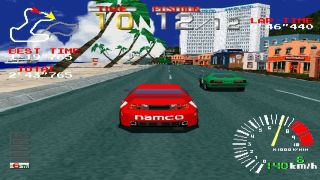
With the advent of the PS5 and Xbox Series X, lengthy loading times are quickly becoming a thing of the past, but for years we've found ourselves staring at a loading screen as we waited to get back into the virtual adventuring. Perhaps one of the most famous and well-known patents just so happens to be related to loading screens. Back in 1995, Namco took out a patent for the use of "auxiliary" mini-games during loading screens.
The idea to keep players busy with a mini-game while they waited for the main game to load was a novel one, with the likes of the classic arcade shooter Galaxian popping up during the loading screen for games such as Ridge Racer. There were some ways around the patent, with the likes of FIFA including some distractions in between matches, but for the most part, mini-games rarely appeared to mitigate loading times. The patent eventually expired in 2015, opening up the door to including mini-games in loading screens to developers everywhere once more.
Directional arrows

"Come on over and have some fun with Crazy Taxi!". If you played the racing arcade game from Sega that was later ported to the Dream Cast, you might be well acquainted with that line as you booted up the game. You may also remember that it featured a big, green arrow that points you in the direction of your destination.
Using this arrow as a guide, you'd try to take your customers to their requested locations in time to the tunes of Offspring. Sega filed a patent for this directional arrow feature in 1998. As of 2018, it has now officially expired, but the patent continues to live on in the annals of video game patent history. In fact, many might remember Crazy Taxi's patents as a result of Sega later suing Simpsons Road Rage for infringement back in 2003.
The Sanity system
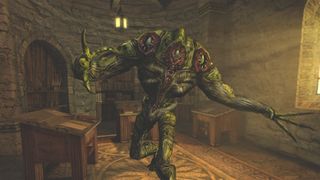
Eternal Darkness from developer Silicon Knights and Nintendo released on the GameCube back in 2002. Described as a physiological horror, the adventure included a "Sanity system" which featured a meter bar. The meter depletes if your character stumbles upon an enemy or sees "a gruesome situation". When this happens in-game, various different effects occur on screen and around the environment to show the character is being affected by these encounters.
Prior to the game's release, Nintendo filed a patent for "a video game and game system incorporating a game character's sanity level that is affected by occurrences in the game." Interestingly, this patent is due to expire in November 2021.
The Nintendo D-Pad

Nintendo pioneered the design of the D-Pad back in the '80s, and it was such a good design that it continued to form a part of Nintendo's consoles and handhelds through the years, with the most recent Switch Lite even featuring a traditional D-Pad. Given its great design, it's not so surprising to learn that Nintendo patented its trademark "multi-directional switch".
While the patent expired in 2005, it is interesting to consider how this patent might have influenced the designs and button layouts of other controllers for consoles such as the PlayStation and Xbox when it was still active.
Unlocking secrets… with a controller?
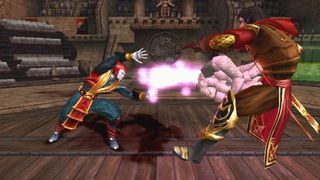
Midway Amusement Games took out a now-expired patent with a rather interesting title back in 2000. It was called "unlocking secrets in video games", and it was essentially a way to sell peripherals by locking game content that could only be accessed by using a particular controller. "A video game system and method is provided which the enabled content of a video game depends upon the type of video game controller coupled to the video game console," the abstract reads.
So, if you were to use a specific controller that's a "matching type" to the game you're playing, it would unlock "extra features or secrets" in-game that are not "otherwise available". Additional paid-for content is nothing new in the world of video games, but just imagine having to buy a controller just to get your hands on more features and secrets.
Look ahead to future releases with our roundup of new games 2021.

I started out writing for the games section of a student-run website as an undergrad, and continued to write about games in my free time during retail and temp jobs for a number of years. Eventually, I earned an MA in magazine journalism at Cardiff University, and soon after got my first official role in the industry as a content editor for Stuff magazine. After writing about all things tech and games-related, I then did a brief stint as a freelancer before I landed my role as a staff writer here at 12DOVE. Now I get to write features, previews, and reviews, and when I'm not doing that, you can usually find me lost in any one of the Dragon Age or Mass Effect games, tucking into another delightful indie, or drinking far too much tea for my own good.
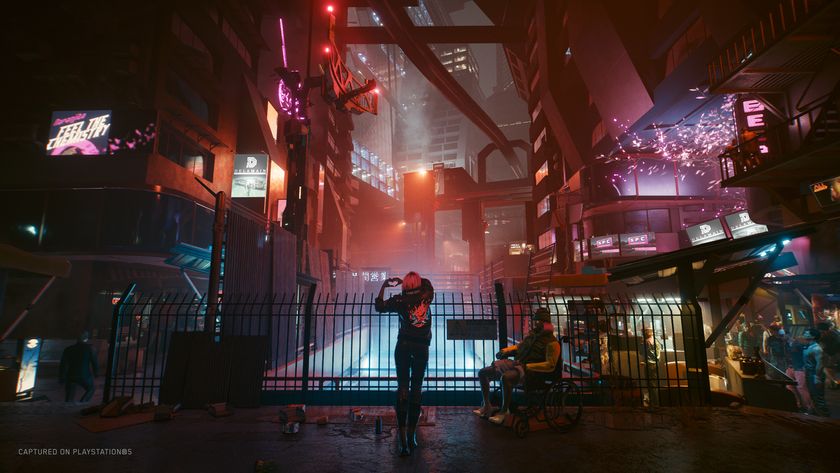
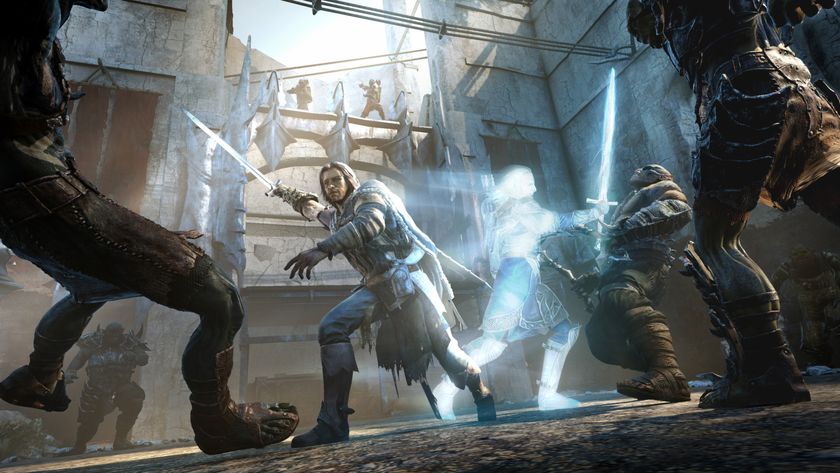
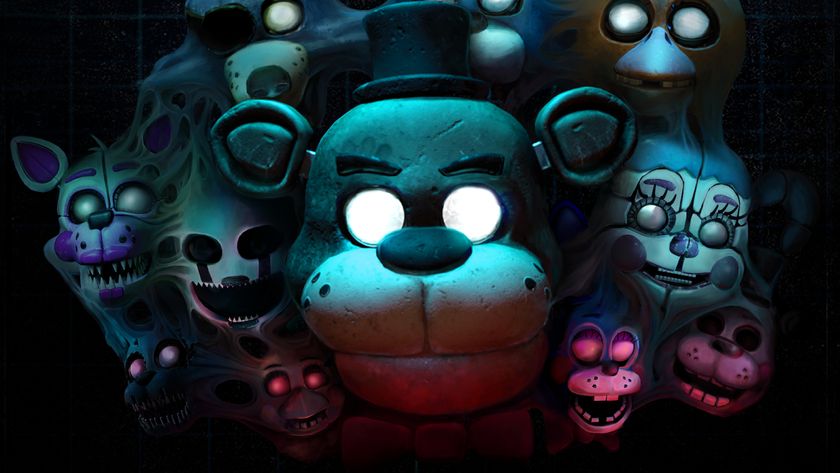
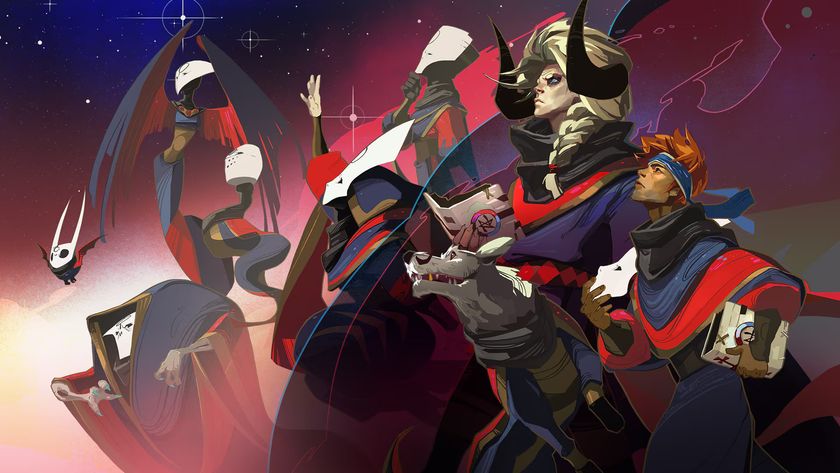

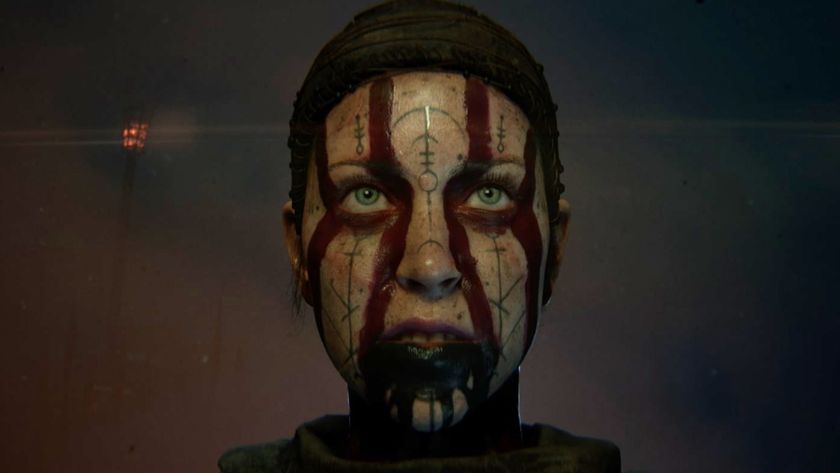
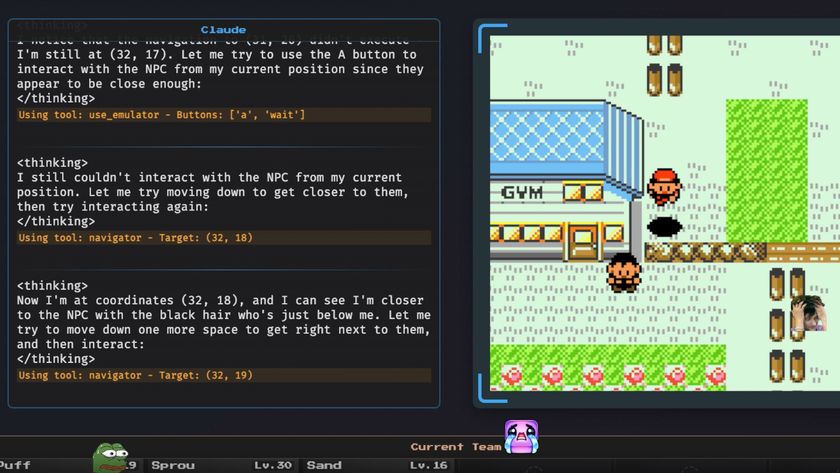


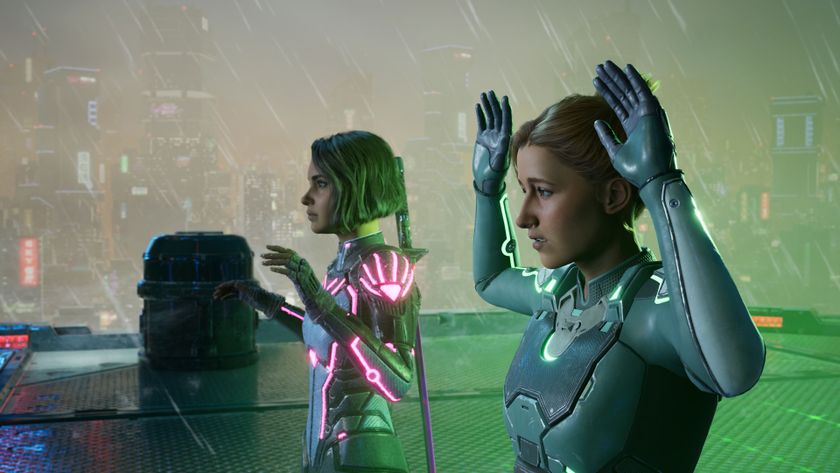
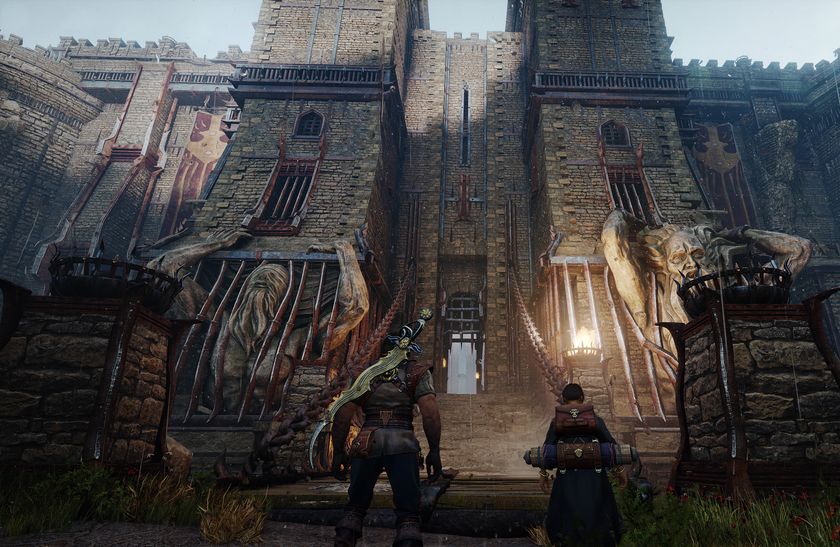
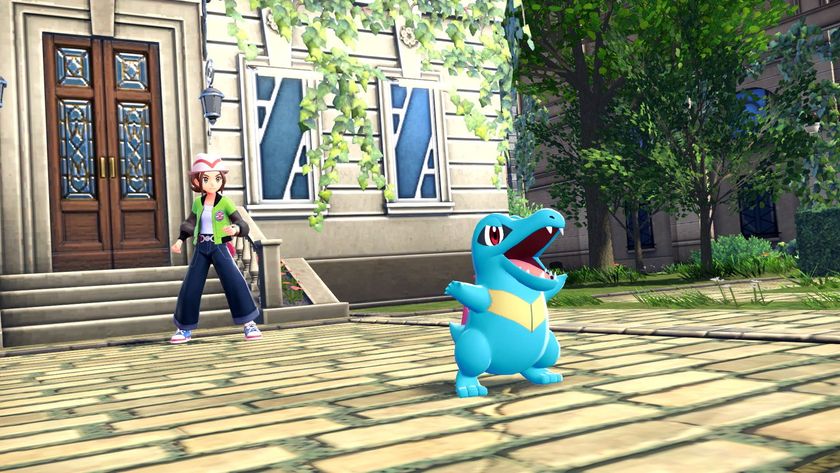







An AI's mission to 'teach' itself Pokemon Red is going as well as you think - after escaping Cerulean City after tens of hours, it went right on back

Pokemon Legends Z-A's visuals aren't "great" say former Nintendo marketing leads, but hope Switch 2 could allow Game Freak to "go back to the drawing board" and add more detail to future RPGs
